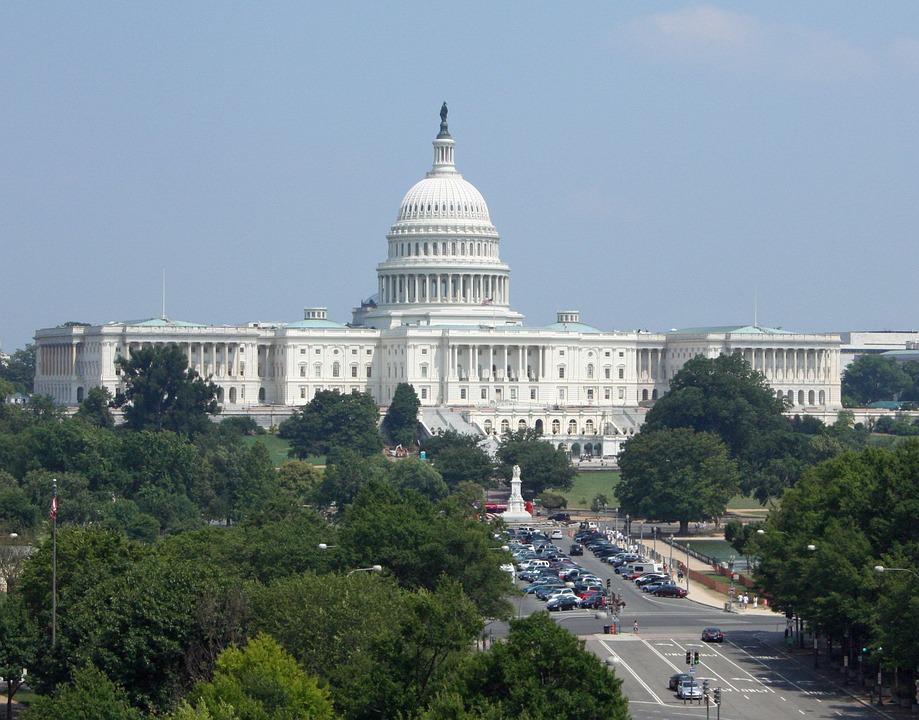
03 May Will Congress raise the age for taking money from an IRA?
Photo: pixabay.comQ. I’ve heard that they’re trying to raise the age when you have to take Required Minimum Distributions. Is that true and is it a good or bad thing?
— Investor
A. There’s a lot of talk about what’s going to change for the future.
The “Securing a Strong Retirement Act” passed the House of Representatives on March 29 with an overwhelming majority of 414 in favor and 5 against the bill.
The bill includes a provision to gradually increase the Required Minimum Distribution age from 72 to age 75, said Howard Hook, a certified financial planner and certified public accountant with EKS Associates in Princeton.
The way the bill is currently written, the age would go up to 73 beginning next year and stay that way until Dec. 31, 2029, he said. Beginning on Jan. 1, 2030, the age would go to 74 and then 75 starting Jan. 1, 2033.
“The fact that the bill passed with so much bipartisan support suggests it will also pass the Senate, but nothing is guaranteed,” Hook said. “The bill may also change in the Senate, requiring the House and Senate to negotiate the bill’s final provisions.”
Even if the bill passes Congress and is signed into law, a future Congress can always change the law, Hook said.
As to whether it is good or not, Hooks said the answer is yes.
“For those who do not need to take money from their retirement accounts to live, waiting to take the distribution can save them income tax, which is never a bad thing, he said. “For people needing the money, they can always take it from the account – and can take more if needed. The RMD is a minimum, not a cap.”
Email your questions to .
This story was originally published on May 3, 2022.
NJMoneyHelp.com presents certain general financial planning principles and advice, but should never be viewed as a substitute for obtaining advice from a personal professional advisor who understands your unique individual circumstances.

